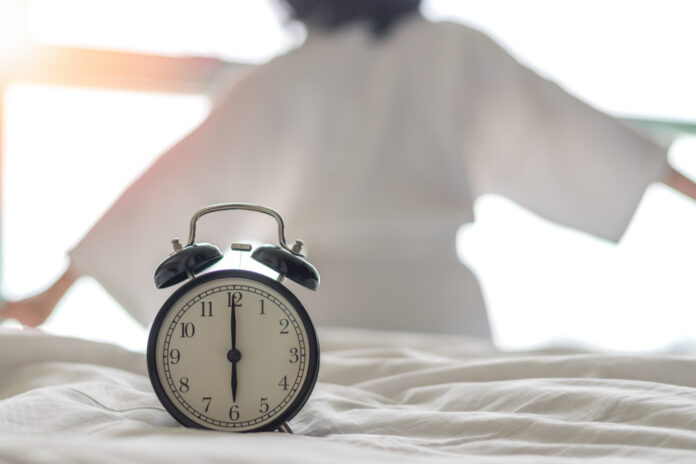
Circadian rhythm is the natural, internal clock that regulates the body’s cycle of sleeping and waking. The circadian rhythm is mainly controlled by the brain’s suprachiasmatic nucleus (SCN). This area of the brain contains special cells that release a hormone called melatonin. Melatonin helps to regulate sleepiness and wakefulness.
The circadian rhythm can be affected by many things, including light exposure, stress, and diet. A disruption in the circadian rhythm can lead to problems such as insomnia or excessive daytime sleepiness. A healthy circadian rhythm is important for getting good sleep and feeling alert during the day.
Understanding the Circadian Rhythm
Understanding your cycle is the first step to living in harmony with it. There are other factors that affect our circadian rhythms as well, such as the time of food and activity, in addition to the sun’s rising and setting, which affects melatonin levels and supports our sleep and waking cycle.
Tips for Making Sure You’re in Tune With Your Circadian Rhythm
Your circadian rhythm is followed by every organ, hormone, and enzyme that is involved in food digestion. Your SCN will become chronically disrupted if you routinely eat late meals or munch on midnight snacks when your body believes you should be sleeping. This eating pattern causes metabolic issues and weight gain because it is in opposition to that rhythm.
You have lots of room to adjust your behaviors and maintain the rhythm of your biological clock by controlling your exposure to light and the timing of your eating patterns. Knowing how your body controls this rhythm, you can ensure it functions properly by carrying out the following three steps:
Wake up with the sun – A reliable way to reset your internal clock is to wake up and get some sunlight. One of the most important indications for your body is to wake up in the morning sunlight since your SCN causes your body to create less melatonin as the light intensity increases around you.
When the sun rises, attempt to walk outside and take it in. If you have to go to work before then, take a few minutes for a break. Your body will thank you. Without that boost from natural light, even though you may feel awake, you can feel like going back to bed far earlier than is required.
Focus on your sleep – When your circadian rhythm enters the rest cycle, it’s time to minimize light to have the complete opposite effect. Your SCN will instruct your body to begin releasing more melatonin again under low light, causing you to get sleepy.
Your mobile device, TV, laptop, or computer monitor’s blue lights, though, can prevent you from starting this cycle when you intended to. Establish a clear, consistent sleep-wake schedule, follow it day and night, and put away all electronic devices at least an hour before it’s time to retire.
Make a mealtime plan and stick to it – Your body functions better if it understands when to expect to digest and metabolize food, just like it does while you sleep. You can reap a variety of health and fitness benefits, including improved neurological function, by tailoring your healthy eating habits to follow your circadian rhythm.
Time-restricted eating is one of the best strategies to achieve this. When your body is most active during the day, between eight and ten hours, limit your mealtimes. Throughout the rest of the day and while you sleep, give your digestive system a break.



















